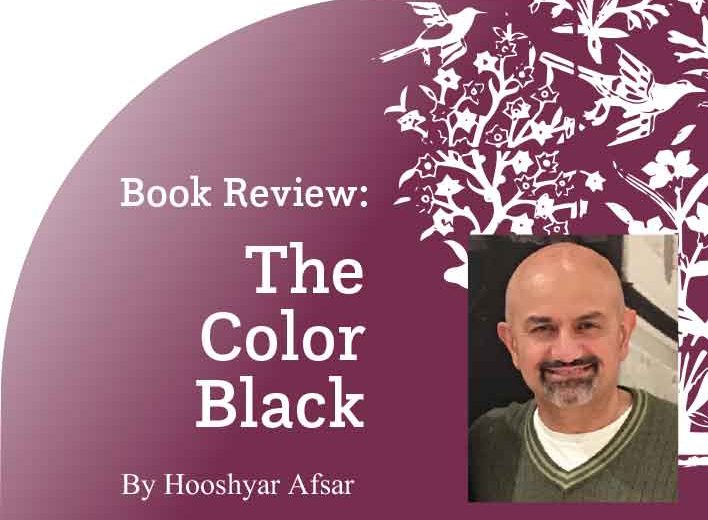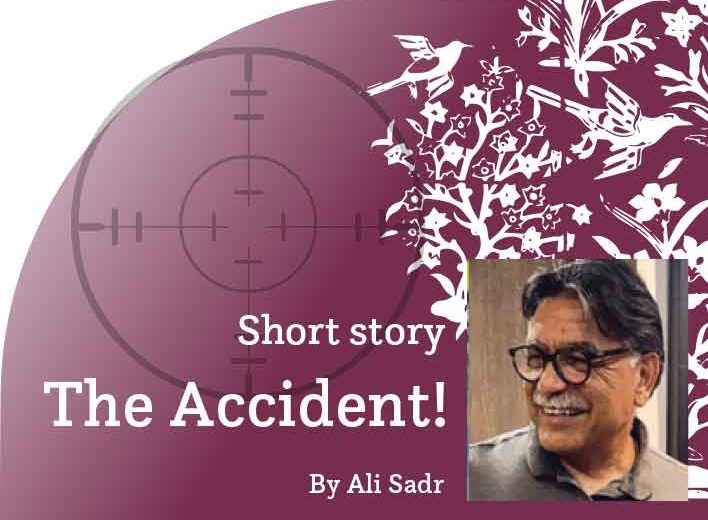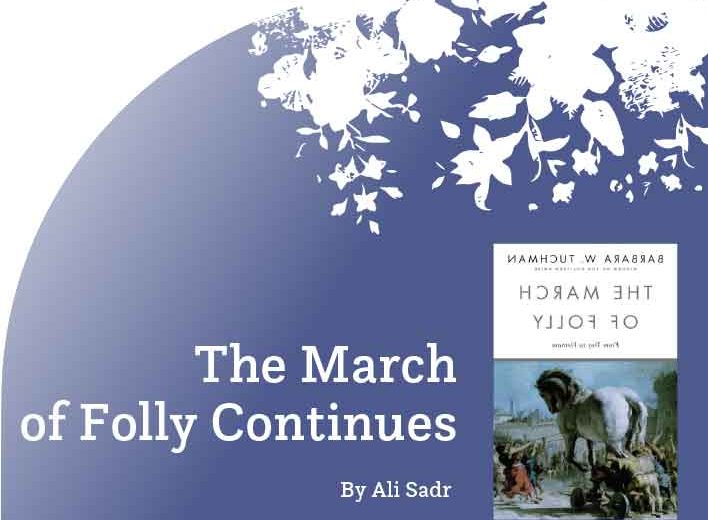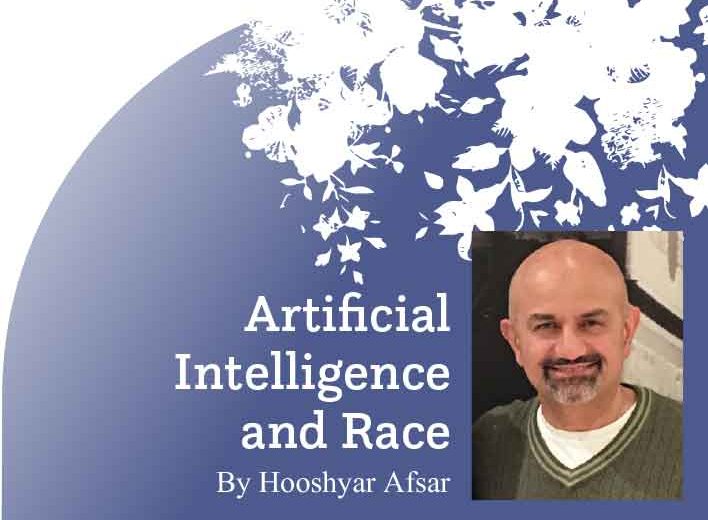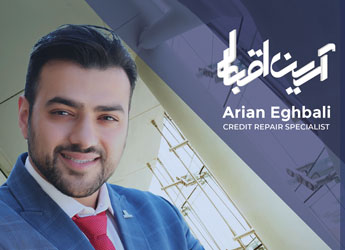Mbappé’s Might: The Young Frenchman who Could Change Everything
By Danial Golforoush
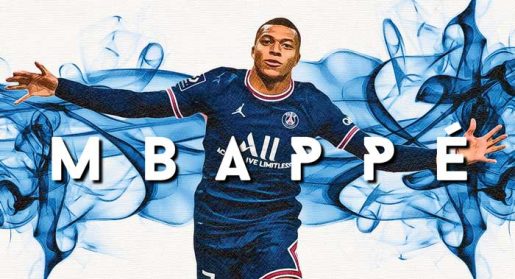 It felt surreal when Kylian Mbappé walked out to the field at the Parc des Princes stadium and it was announced that he was extending his contract with Paris Saint-Germain for 3 more years. Up until hours before the announcement, no one really knew what his decision was—stay at Paris for a few more years or transfer for free to Real Madrid. The media had been speculating for months on end about his decision. Reports suggest that Mbappé’s call to Florentina Perez, Real Madrid’s current president, did not take place until early Saturday morning on May 21, just before his contract extension announcement. This suggests that the decision was not confirmed until that very morning. Regardless, here we are speaking about him staying. So, with that in mind, why would a player of Mbappé’s caliber—spoken of as the heir to the Messi and Ronaldo throne, with almost limitless potential—choose to stay at what some football fans refer to as “Farmers League”?
It felt surreal when Kylian Mbappé walked out to the field at the Parc des Princes stadium and it was announced that he was extending his contract with Paris Saint-Germain for 3 more years. Up until hours before the announcement, no one really knew what his decision was—stay at Paris for a few more years or transfer for free to Real Madrid. The media had been speculating for months on end about his decision. Reports suggest that Mbappé’s call to Florentina Perez, Real Madrid’s current president, did not take place until early Saturday morning on May 21, just before his contract extension announcement. This suggests that the decision was not confirmed until that very morning. Regardless, here we are speaking about him staying. So, with that in mind, why would a player of Mbappé’s caliber—spoken of as the heir to the Messi and Ronaldo throne, with almost limitless potential—choose to stay at what some football fans refer to as “Farmers League”?
Mbappé is arguably the future of football, not only on the field but off the field as well! His footballing resume is something to be in awe of at the age of 23. He not only has directly influenced his club teams in winning the Ligue 1 title five times, he has also led the French National Team to the World Cup and League of Nations trophies. Off the field, his image and name carries much weight—he has been sponsored by Nike since he was 18 years old, with back to back limited edition and Mbappé-specific boots and designs. He has also been the face of the famous FIFA video game for two years running. Mbappé’s influence extends to the world of philanthropy and politics. In 2018, Mbappé and two legendary retired football players—Ivory Coast’s Didier Drogba and footballer-turned-president of Liberia George Weah—held a meeting with the President of France and the President of FIFA to further expand the development of the game on the continent of Africa. Mbappé was also many people’s write-in candidate in the latest French presidential elections held earlier this year.
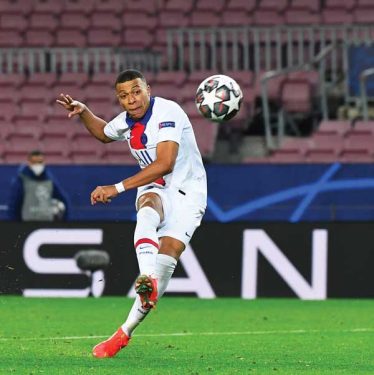 In a world in which individual players have greater followings than football clubs, PSG is betting on the influence of Mbappé to better its brand. It is reported that Mbappé’s new deal includes a €100m signing bonus, a €50m salary per year, a high percentage of his image rights earnings, and a say in footballing matters. Many have questioned Mbappé’s decision and have linked it to more money and influence than what Real Madrid would have offered. However, this is just a case of the greater footballing community not taking into account that the football landscape is an ever-changing one and the dynamics are just as fluid. La Liga and Real Madrid no longer possess the same grasp on world football they used to. Besides their European triumph, the Spanish league has been in decline for a number of years. It is no longer home to the greats like Cristiano Ronaldo and Lionel Messi, the league’s general quality has declined, and star players of other leagues choose to join teams in the English Premier League and the Italian Serie A above La Liga. Mbappé’s rejection was not Real Madrid’s or La Liga’s first one this past year; the other generational young talent, Erling Halland, chose a move to Manchester City rather than Real Madrid or Barcelona. La Liga is no longer the “IT” league. For past generations and even up to a few years ago, players would force moves to play for the likes of Real Madrid and Barcelona, but there has been a shift towards fans following players and not clubs, which has led to more broadcasting, sponsorship, and ticket revenue to go to the teams with the biggest stars in the world.
In a world in which individual players have greater followings than football clubs, PSG is betting on the influence of Mbappé to better its brand. It is reported that Mbappé’s new deal includes a €100m signing bonus, a €50m salary per year, a high percentage of his image rights earnings, and a say in footballing matters. Many have questioned Mbappé’s decision and have linked it to more money and influence than what Real Madrid would have offered. However, this is just a case of the greater footballing community not taking into account that the football landscape is an ever-changing one and the dynamics are just as fluid. La Liga and Real Madrid no longer possess the same grasp on world football they used to. Besides their European triumph, the Spanish league has been in decline for a number of years. It is no longer home to the greats like Cristiano Ronaldo and Lionel Messi, the league’s general quality has declined, and star players of other leagues choose to join teams in the English Premier League and the Italian Serie A above La Liga. Mbappé’s rejection was not Real Madrid’s or La Liga’s first one this past year; the other generational young talent, Erling Halland, chose a move to Manchester City rather than Real Madrid or Barcelona. La Liga is no longer the “IT” league. For past generations and even up to a few years ago, players would force moves to play for the likes of Real Madrid and Barcelona, but there has been a shift towards fans following players and not clubs, which has led to more broadcasting, sponsorship, and ticket revenue to go to the teams with the biggest stars in the world.
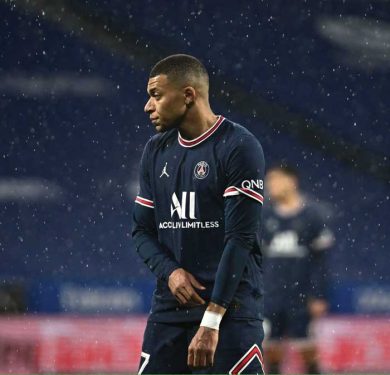 The younger fans’ preference in following players rather than clubs has increased the value of a player’s image. Image rights can include a “player’s name, nicknames, likeness, image, photograph, signature, autograph, initials, statements, endorsement, physical details, voice and other personal characteristics. The idea is that the above descriptions include everything that may form part of that player’s image for the player and/or his club to then market accordingly. A club and/or brand will be paying a player to endorse and promote a number of specific commercial deals.1 Previously, clubs were the sole beneficiaries of the proceeds of the players’ image rights, but this is no longer the case. With Mbappé being the current face of football, FIFA (videogame), PSG, French National Team, and Ligue 1 carries weight—in gold! So the offer of earning an undisclosed percentage of his image rights is an untraditional, but likely astute, move by PSG to retain Mbappé. One can only imagine how important that can be to Mbappé’s decision making.
The younger fans’ preference in following players rather than clubs has increased the value of a player’s image. Image rights can include a “player’s name, nicknames, likeness, image, photograph, signature, autograph, initials, statements, endorsement, physical details, voice and other personal characteristics. The idea is that the above descriptions include everything that may form part of that player’s image for the player and/or his club to then market accordingly. A club and/or brand will be paying a player to endorse and promote a number of specific commercial deals.1 Previously, clubs were the sole beneficiaries of the proceeds of the players’ image rights, but this is no longer the case. With Mbappé being the current face of football, FIFA (videogame), PSG, French National Team, and Ligue 1 carries weight—in gold! So the offer of earning an undisclosed percentage of his image rights is an untraditional, but likely astute, move by PSG to retain Mbappé. One can only imagine how important that can be to Mbappé’s decision making.
Let’s come back to the field. Well, maybe not the field itself, but the offices near the field. The ones where they make the most important decisions in the football club. In this case, PSG’s CEO and Sporting Director office. This is the part of the deal which has most been brought under scrutiny. It is reported that Mbappé will play a role and will have a say in the football-related decision-making process. This by no means signifies that Mbappé gets to choose people in the footballing hierarchy, choose the new coach, or even make decisions on transfers, but it is clear his input will be heard and valued. That is all. Let’s be real for a second. Are you telling me Barcelona didn’t bend over backward for Lionel Messi or Real Madrid did not take Cristiano Ronaldo’s opinion into consideration when making certain decisions? Of course, they did! And they SHOULD! In his 2011 autobiography, I am Zlatan, Zlatan Ibrahimovich, who many believe was transferred to Inter Milan because of his effect on Messi and Barcelona’s performance, wrote: “[Pep (then-Barcelona coach)] preferred to make Messi happy – he didn’t value me.” If a Zlatan in his prime is set aside so a Messi in his prime can perform, then of course PSG and other clubs care and respect what their stars have to say. In any successful organization, you take into account your most important asset’s input and wellbeing and sometimes build teams or processes around them. This is the normal and logical path to a successful future.
Mbappé’s extension at PSG means one thing for certain—that the traditional powerhouses of football in Spain no longer have a tight grip on football like they did before. Chances are that Mbappé is also looking to demonstrate his talents and might be bringing the European Champions League to Paris for the very first time in its history. His French nationality is definitely something of importance to him, hence his patriotic comments after the announcement: “I heard the call of the homeland and of the capital city.”2 With all that being said, in two years time Mbappé will be 25 years old with hundreds of millions of Euros in his bank account, a happy PSG, an even happier France, and even happier Real Madrid who will welcome him to Madrid in a heartbeat. At the day of the day, business is business and football is business.


